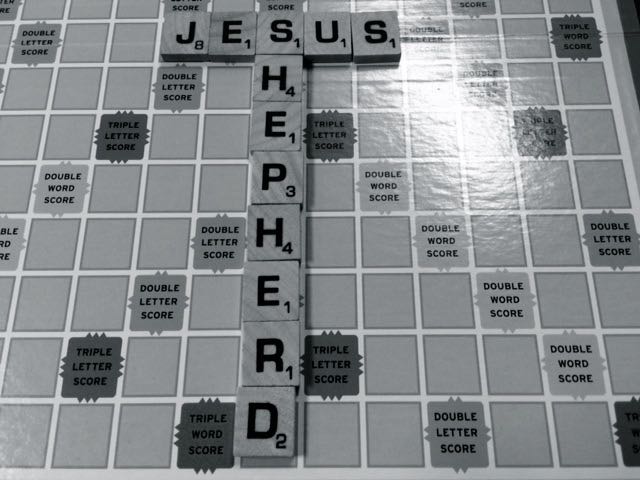
In my recent blogs, I’ve argued that our relationship with Jesus is defined by his kingship. Today, I’d like to examine a reoccurring motif that the Bible uses to illustrate the role of the king. In the Bible, the king is a shepherd.
Shepherd-Kings
In the OT, the image of shepherd is frequently used to describe God’s kingship over Israel (Psalm 23, Ezek. 34, et al). This is not unique to Israel’s scriptures. Other nations also viewed their kings as shepherds.
In the ancient story, The Epic of Gilgamesh, the main character is Gilgamesh, the king of the ancient city Uruk. When the story opens, Gilgamesh is oppressing his people. In response, the people grumble against Gilgamesh. Why are the people so frustrated? As the men of Uruk say, “the king should be a shepherd to his people.”
It’s easy to see how people in the ancient world looked to their kings as shepherds. They wanted to be protected and provided for. Great kings were judged by how well they performed this function. A king’s subjects trusted that the king knew what he was doing. Supposedly, he had the knowledge, wisdom, and foresight to guide them to safety and security.
Consequently, the path to safety and security was obedience. On the one hand, obedience demonstrated trust in the king’s leadership. On the other hand, obedience was a demonstration of love and gratitude to the king for his past accomplishments on behalf of the people. Thus, allegiance to the king demonstrated trust in and gratitude for his leadership.
Israel’s Shepherd-King
Ideally, Israel was supposed to be different than the rest of the nations. They knew that only the creator possessed the knowledge and wisdom to shepherd them. By contrast, their neighbors trusted human shepherd-kings whose defective, sin-tainted knowledge and wisdom resulted in violence and injustice. They created and perpetrated systems in which only an elite few experience prosperity at the expense of the masses.
Israel’s function was to demonstrate to the superiority of God’s shepherd-kingship to the nations. Only the creator could teach people the right ways to live, in which all people will flourish and experience justice.
Of course, we know Israel’s story. They exchanged God as their shepherd-king for a human one like the nations around them. The end result was idolatry, injustice, and oppression. Israel asked for a human shepherd-king like the nations around them. What they got was a nation just like those around them.
Worse yet, because Israel’s reason for existence was to be an example of something radically different, God couldn’t let them degenerate without comment. For Israel, becoming like the nations meant being defeated by them and scattered throughout the very nations they sought to emulate.
Jesus the Shepherd-King
However, God did not abandon them. He kept his promises to restore Israel and the kingship. He brought them a new shepherd-king: Jesus. Jesus fulfills the promise to David and to Israel that one of David’s line will sit on the throne of Israel. Simultaneously, as the Son of God, he restores the monarchy to God’s original design.
If we love Jesus, we will obey him because we trust his leadership. We will also obey him because we are grateful to him for his shepherding. Disobedience is ingratitude. If we experience all of his goodness but don’t respond with gratitude expressed in obedience, do we really have a relationship with Jesus? Obedience shows that we know Jesus and he knows us (John 14:21). Disobedience means we don’t know him, despite his love for us (John 14:24).
Sheep follow the shepherd because the trust him. God, our shepherd-king, knows how things are supposed to work because he created everything. He sent his son to teach us how to live in line with his design. If we believe this is true, we will seek out Jesus, listen to his teaching, listen to his explanations, and then live it to the best of our abilities. This shows our trust, our faith in him.
Jesus Our Shepherd-King
In Ezek. 34:15, God promised that he would shepherd his sheep. He fulfilled this promise by sending Jesus. He is the good shepherd, our shepherd-king. I encourage you to read Psalm 23, Ezek. 34, and John 10:1-18. Learn about Jesus, our shepherd-king. Learn to love and trust him. Follow his voice and obey him. Only he can give us the provision and security we so desperately desire. Don’t fall into the trap of the people around us who look to human kings or prime ministers or presidents. Jesus and Jesus alone is worthy of our allegiance. He alone is our shepherd-king.













